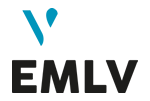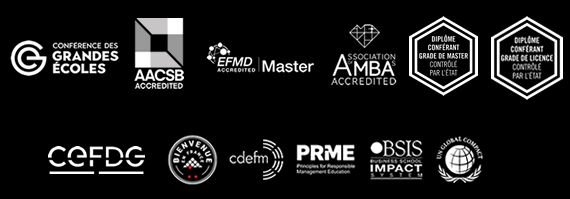As one of the most sought-after graduate degrees, an MBA is no walk in the park. To succeed in a competitive program, candidates should have certain characteristics and qualities that will pertain to the business school they’re applying for.
The hard work begins way before an MBA candidate applies, but with similar requirements, there’s a chance that a candidate’s profile might resemble other worthy applicants. So how exactly can they be unique?
The Traditional Requirements
Despite how much an MBA applicant wants to be special; they cannot overlook the importance of good preparation and results of their previous academic and professional history. Due to the demanding nature of business curriculum, promising to work hard once the candidature has been approved may not be enough. Work experience, test scores, undergraduate performance, and extracurriculars are key requirements that are proof of effort, and overall work ethics and commitment.
Additionally, no one knows candidates better than themselves, so at this point, being more self-aware of one’s accomplishments and potential capabilities is necessary to boost the business school candidature through a clear work background and self-esteem during the interview. In fact, interviewers listen and look for confidence, concrete examples of projects that can highlight your solo and teamwork, and an in-depth knowledge of the MBA program applied for. This leads to an image of what’s unique about a candidate.
MBA Candidate and The Big Picture
When asked about what distinguishes certain MBA candidates from the rest, both in their application and during their study period, Dr. Basma Taeib, head of the MBA at EMLV, had quite the noteworthy opinion:
“What differentiates MBA candidates from the rest is their ability to link the program’s syllabus with their professional project. It begins with a deep consideration of their career area and how they see it unfold in the future. I’ve done many interviews with students who have years of work experience and great undergraduate scores, but no pre-determined plans as to how they will use the content of the courses to further develop their professional project. I truly believe that pursuing an MBA degree should not be about the “degree recognition” itself or a simple title to add on your resume; but about picking the right program that will open the doors for better career opportunities.”
Whether it’s starting their own business or working in a digital position for a successful firm, knowing how to utilize the courses’ content is essential. And since flexibility is one of the major benefits of pursuing an MBA degree, the combination of purely academic courses coupled with specialisations and projects in targeted areas will allow students to develop skill sets applicable across a wide variety of industries as well as broader career paths, salaries and job growth for related occupations.
The Story of an MBA Candidate
Just because candidates apply for a business-oriented degree it doesn’t mean that the process and content of the application should be robotic. Telling a story behind your motivation in a natural and honest way is what makes you memorable. With a descriptive yet straightforward approach, adding personality to the MBA application will complement the dry and factual content of the resume and remaining documents. In the end, adding authenticity and personality to the application will increase the chances of being accepted and excelling in the interview because of who you truly are, not only who you are on paper.
Expressing future passion, expressing how the MBA will be a tool and not just an end-goal, and clearly distinguishing the difference between short-term and long-term goals will make any application one to remember.
More about our programs here www.emlv.fr/en/programmes/





















